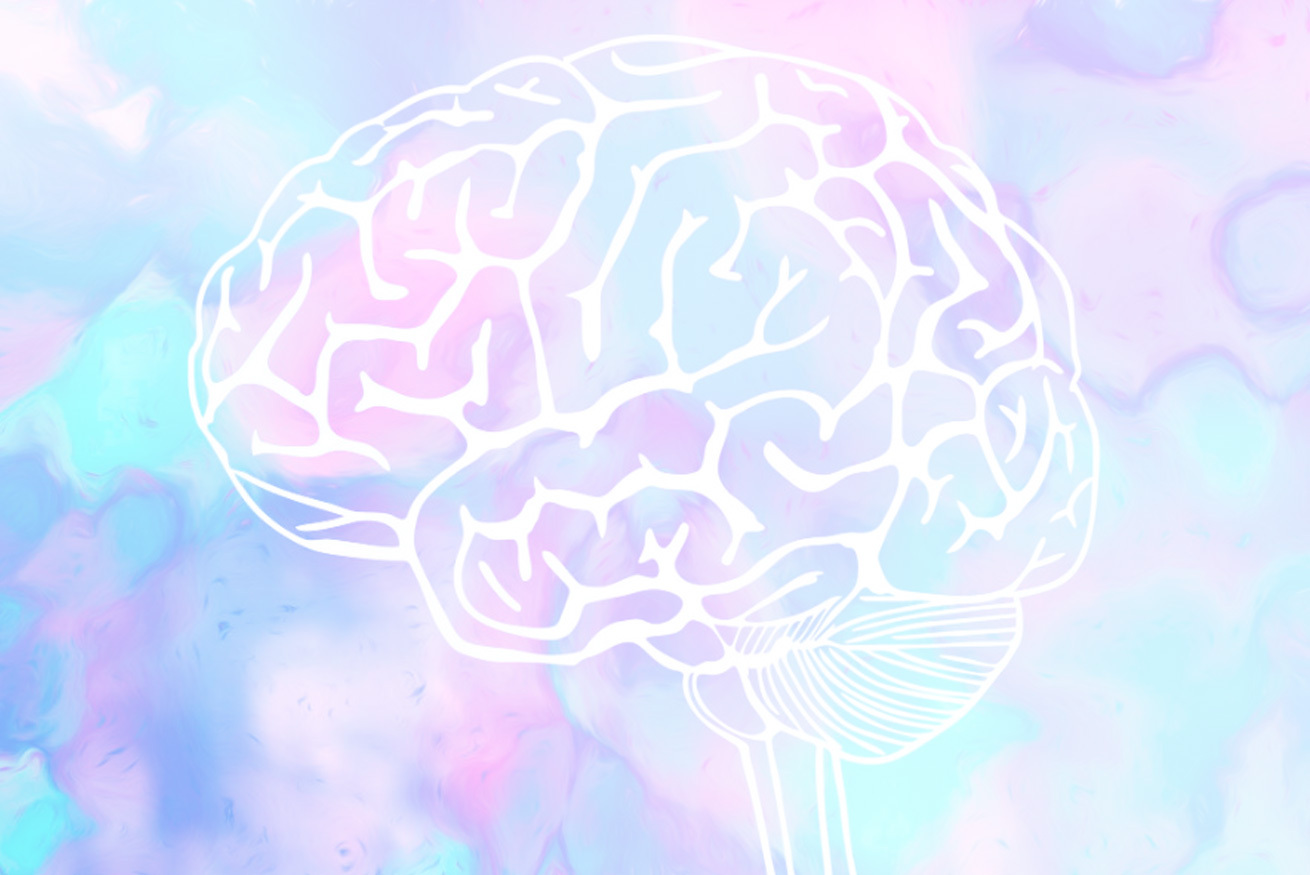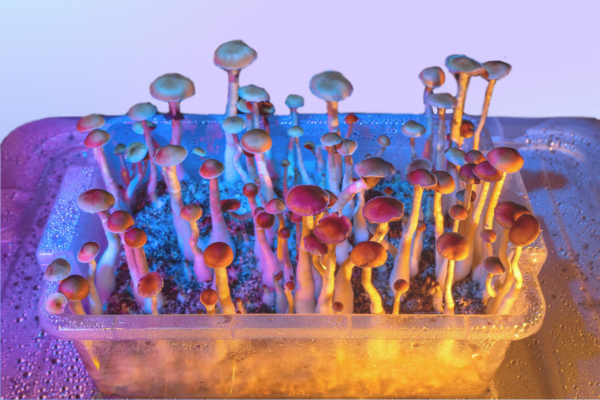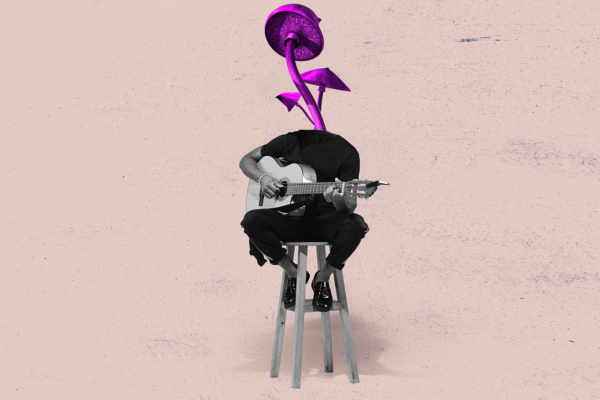
Researchers at Macquarie University in Sydney, Australia are running a groundbreaking new study investigating the effects of psilocybin microdosing on the brain.
The first-of-its-kind study will use magnetoencephalography (MEG), which reads the magnetic fields generated by brain activity, to study the impact of small doses of psilocybin on the brain. In addition to this, participants will complete a battery of tasks assessing the effects of microdosing on cognition, mood, and memory.
What Is Microdosing?
The practice of microdosing involves taking tiny ‘sub-perceptual’ doses of psychedelic substances — doses so small they don’t induce any hallucinations. Over the past decade, there has been a flurry of public attention into the effects of microdosing. Silicon Valley tech entrepreneurs have microdosed to boost their creativity and productivity, while parents have testified of its ability to heighten empathy while raising their kids.
However, this anecdotal evidence, where microdosing has been dubbed a miraculous cure for deficiencies in mood, creativity, and productivity, is not scientifically validated. Due to the illicit nature of psychedelics in many countries, there has been little formal research conducted investigating the effects of microdosing. What little research that has been conducted, has found that placebo may play a huge part.
One pioneering study, conducted by Imperial College London, was the first study of its kind to employ a double-blind, placebo-controlled investigation into the effects of microdosing. This means that the participants were unaware of whether they were taking a microdose, or a placebo. The researchers found no significant differences in mood and cognitive ability between the placebo-takers and the microdosers.
While this was a groundbreaking study, paving the way for future placebo-controlled psychedelic research, the researchers did not use any kind of brain imaging in their study. Could there be something going on in the brain that researchers are not picking up?
Why This Study Matters
This new study from Macquarie University would be the first-of-its-kind to assess the effects of psilocybin microdosing on the brain. Dr. Vince Polito, a cognitive scientist who also published one of the first studies on psychedelic microdosing, is working with other professors from Macquarie University and Dr. Paul Liknaitzky from Monash University.
The study will use the same design that researchers from Imperial College London used. With this, participants are already intending to microdose. This means that they will provide their own psychedelics, and the researchers will take brain scans before and after their microdosing regimen.
The upcoming study will also include a placebo trial. This means that the participants will be none-the-wiser as to whether they’re actually taking a microdose, or a placebo. To do this, the participants will distribute both placebos and microdoses between gel capsules, concealed within envelopes with barcodes on. The barcodes are then scanned by the participant, which is collected by the researchers, allowing the researchers to know what was taken during data analysis.
This placebo-controlled design will allow the researchers to infer the physiological effects of microdosing on the brain. By conducting this new study, Polito and his colleagues hope to truly establish whether the effects of microdosing are as profound as people say they are.





